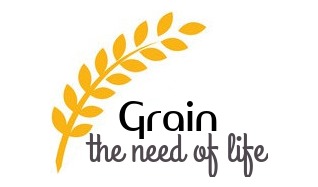







Price: price a - (Details)

Barley flour is just what it sounds like a non-wheat flour made from grinding whole barley. Itandrsquo s a popular alternative to wheat flour because, unlike many non-wheat flours, it contains some gluten. This obviously doesn and rsquo t make it a good choice for those with celiac and rsquo s, who cannot tolerate gluten, but it does mean that it is an excellent option for more conventional bakers looking to expand their skills by working with alternative flours. Barley flour has a mild, but very slightly nutty, flavour the complements both regular and whole grain flours. You can substitute it into a regular recipe for up to 1/2 of the ordinary flour without compromising the texture of the baked good (with the exception of very delicate/sensitive baked goods, like angel food cake, that rely on the presence of a precise amount of flour to work well). In fact, because it has a low gluten content, it can actually help to tenderize baked goods while still lending enough gluten to the recipe to allow it to rise properly. When compared to regular all-purpose flour, there are some nutritional benefits to barley. It has slightly fewer calories and more than 4 times the fibre of all-purpose. It also has slightly more fibre than whole wheat flour. It is a good flour to substitute into quick breads, muffins and cookies for a little whole grain twist and is an easy ingredient to play around with in the kitchen in general.
Make delicious breads, rusks, cookies, parathas, rotis or even multi-grain rotis using Barley Flour.
It is a good flour to substitute into quick breads, muffins and cookies for a little whole grain twist and is an easy ingredient to play around with in the kitchen in general.
Barley Flour keeps well in a sealed container in a cool, dry, and dark location.
Urban Platter – Simply Good Food! 🙂
